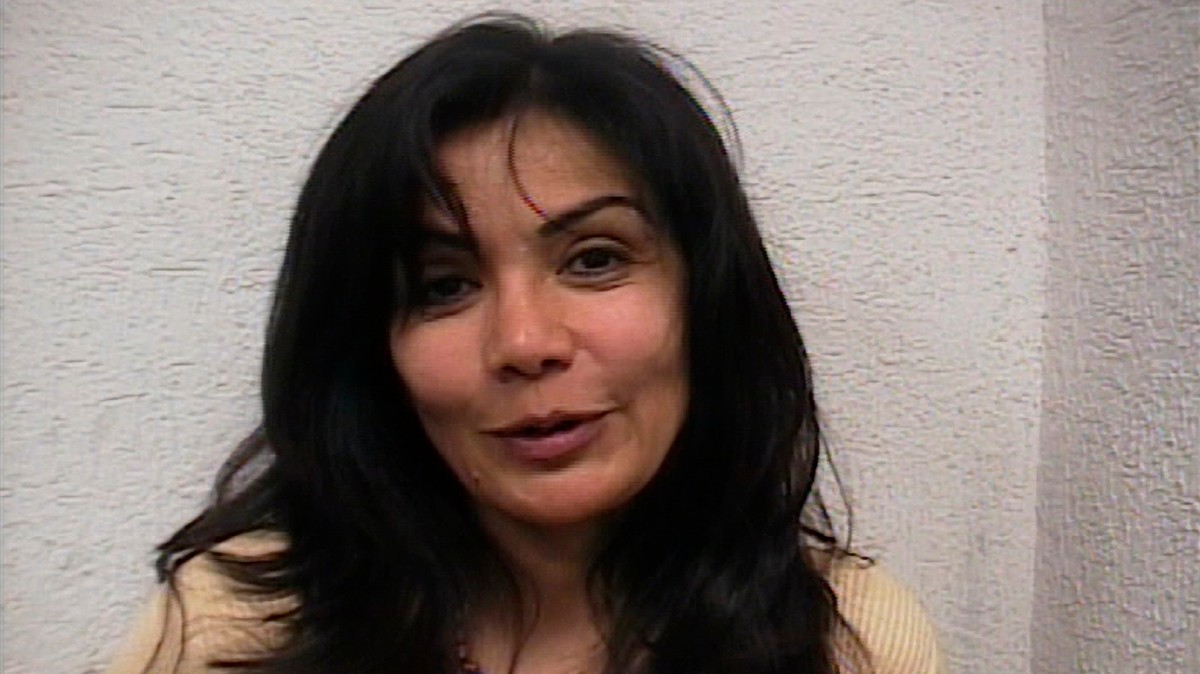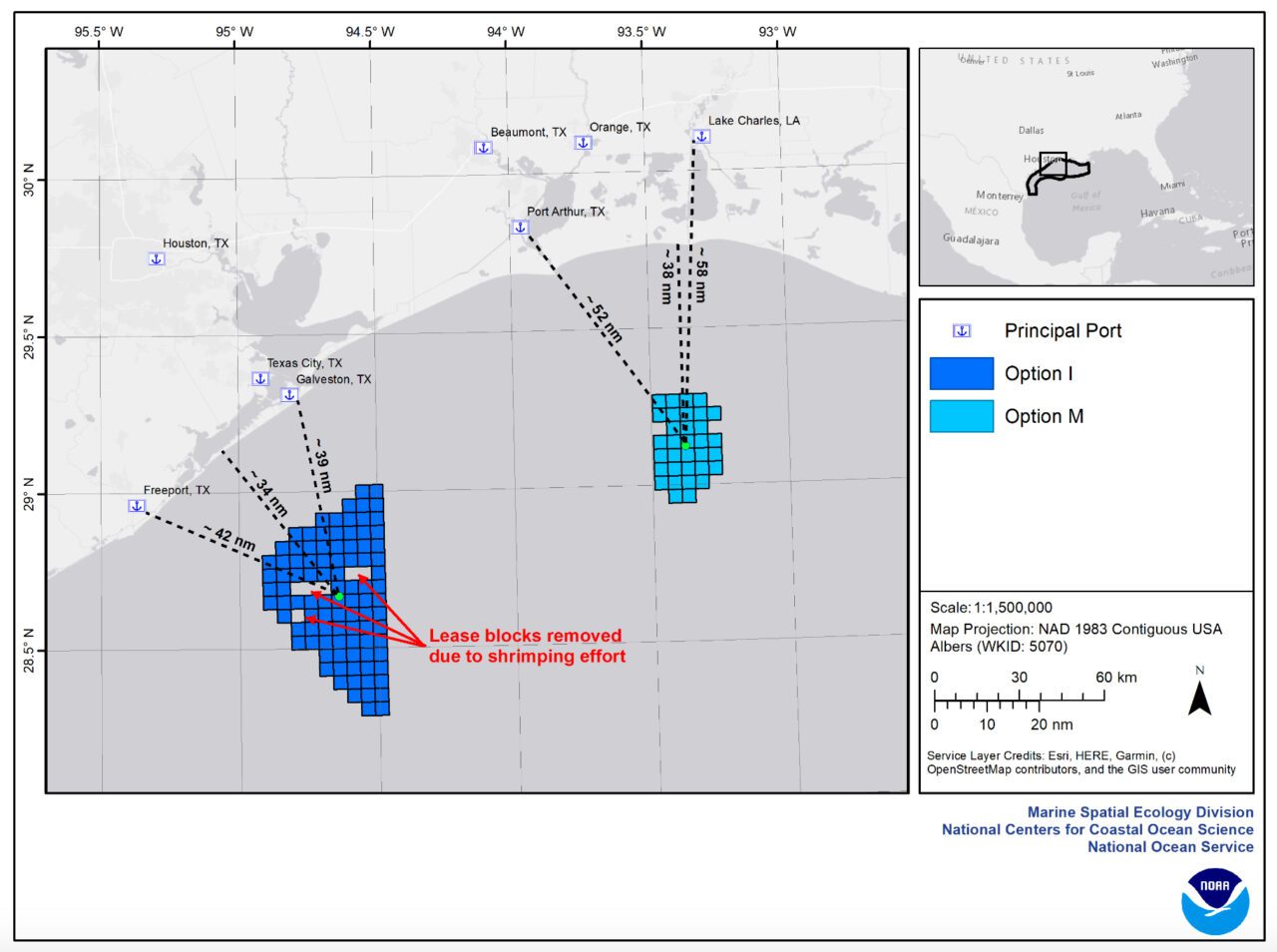[ad_1]
Most American farmers over-apply fertilizer. That’s the standard. It’s also a leading cause of waterway pollution and dead zones like the massive one in the Gulf of Mexico, as well as of soil degradation, loss of biodiversity and erosion.
Yet fertilizer prices have risen so high that economic realities are starting to force a breaking point. Since 2020, nitrogen fertilizer prices have risen four-fold, while phosphate and potash prices have climbed more than three-fold. Prices are now out of reach for many U.S. farmers, and now, some farmers and analysts are expecting more farmers could ration more fertilizer this year and even may not over-apply as badly as they have in past years.
That’d be a nice silver lining. Most U.S. farms have relied on these chemical fertilizers for years, and organic acres still accounts for less than 1% of total U.S. cropland. The current prices could convince other farmers to attempt the three-year transition to organic farming, which avoids synthetic fertilizer. Many I’ve spoken with agree that the combination of the humanitarian crisis and a food supply crisis is creating momentum for a big rethink of the global food system. The best solution moving forward, they say, is prioritizing stronger local food networks.
“Food is often a sideshow. Food and energy will be the central catalyst for every politician,” venture firm S2G’s Sanjeev Krishnan told me. “There’s going to be a confluence of national security, climate security and a desire to tamp inflation.”
A movement is building. I’ll be following closely as it does, and reporting here on whether recent dire circumstances finally push these strategies to the forefront of how food is produced.
— Chloe Sorvino, Staff Writer
This is Forbes’ Fresh Take newsletter, which every Thursday brings you the latest on the big ideas changing the future of food. Want to get it in your inbox every week? Sign up here.
What’s Fresh
War-Fueled Global Hunger Catastrophe On The Way With Solutions Tough To Come By. Tens of millions of people worldwide are expected to go hungry this year due to a grim combination of factors made significantly worse by Russian President Vladimir Putin’s war in Ukraine. Story by yours truly.
DMYTRO SMOLIENKO/GETTY IMAGES
Americans Can Eat Caviar Guilt-Free—None Of It Comes From Russia. Punishments for Putin’s war are now clamping down on products like caviar and vodka that once were considered Russian delicacies in the U.S., but went do svidaniya—goodbye—a long time ago. Story by yours truly.
Healing Grounds: Liz Carlisle On The Deep Roots Of Regenerative Farming. Regenerative agriculture is about more than just soil carbon. As Errol Schweizer writes, a new book by Professor Liz Carlisle examines the deep roots of farming practices that can save the planet, but only by centering justice.
Foxtrot Focuses On Women-Led Food And Beverage Makers. Shayna Harris reports that Foxtrot teams with Cherry Bombe to catalyze women entrepreneurs with marketing support, funding and investor exposure.
Expo West Is Expensive To Attend, But There Are Ways To Maximize ROI. Exhibitors at the so-called Super Bowl for the natural consumer products industry have options for how to maximize profitability. As Douglas Yu writes, choosing the right booth is not one of them.
Meati’s fried cutlet, prepared by chef Evan Funke.
Chloe Sorvino
I stopped by Felix in Venice Beach earlier this month for a taste of faux-chicken parm developed by Meati, a startup creating cutlets and steak alternatives from the roots of fungi called mycelium and fermentation. Look out for Meati cofounder Tyler Huggins in my book.
Chloe Sorvino leads coverage of food and agriculture as a staff writer on the enterprise team at Forbes. Her nearly eight years of reporting at Forbes has brought her to In-N-Out Burger’s secret test kitchen, drought-ridden farms in California’s Central Valley, burnt-out national forests logged by a timber billionaire, a century-old slaughterhouse in Omaha, and even a chocolate croissant factory designed like a medieval castle in Northern France. Her book Raw Deal: Hidden Corruption, Corporate Greed and the Fight for the Future of Meat is forthcoming from Simon & Schuster’s Atria Books in December 2022.
Thanks for reading the twenty-ninth edition of Forbes Fresh Take! Let me know what you think. Subscribe to Forbes Fresh Take here.
More From Forbes Fresh Take:
[ad_2]
Source link















